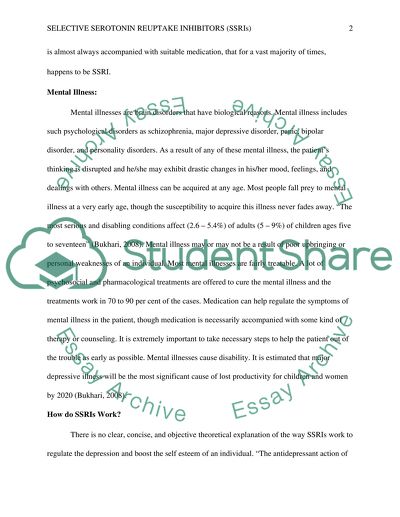Cite this document
(“Selective Serotonin Reuptake Inhibitors Research Paper”, n.d.)
Retrieved from https://studentshare.org/psychology/1426231-ssri-s-and-the-treatment-of-psychiatric-illnesses
Retrieved from https://studentshare.org/psychology/1426231-ssri-s-and-the-treatment-of-psychiatric-illnesses
(Selective Serotonin Reuptake Inhibitors Research Paper)
https://studentshare.org/psychology/1426231-ssri-s-and-the-treatment-of-psychiatric-illnesses.
https://studentshare.org/psychology/1426231-ssri-s-and-the-treatment-of-psychiatric-illnesses.
“Selective Serotonin Reuptake Inhibitors Research Paper”, n.d. https://studentshare.org/psychology/1426231-ssri-s-and-the-treatment-of-psychiatric-illnesses.


